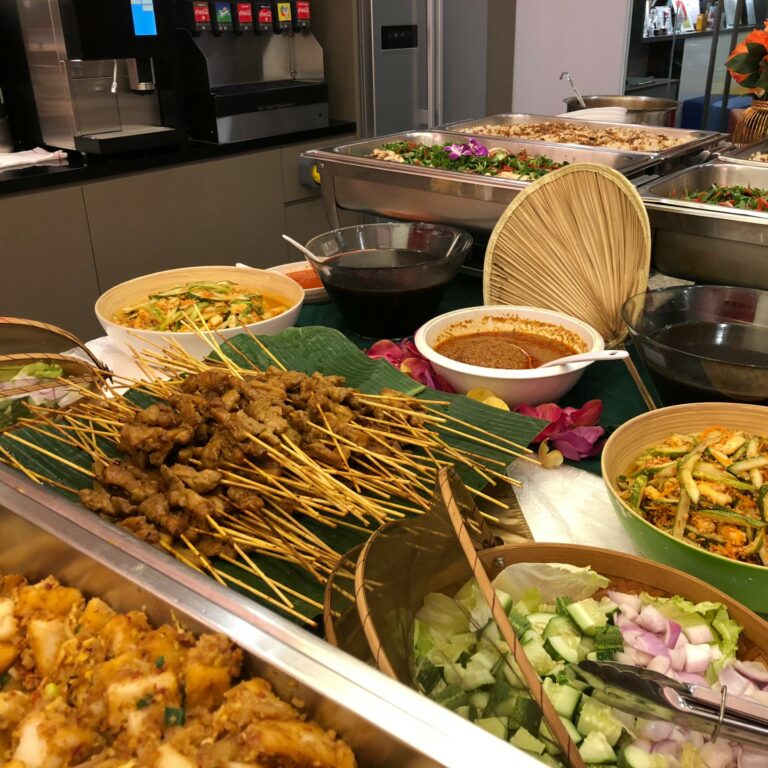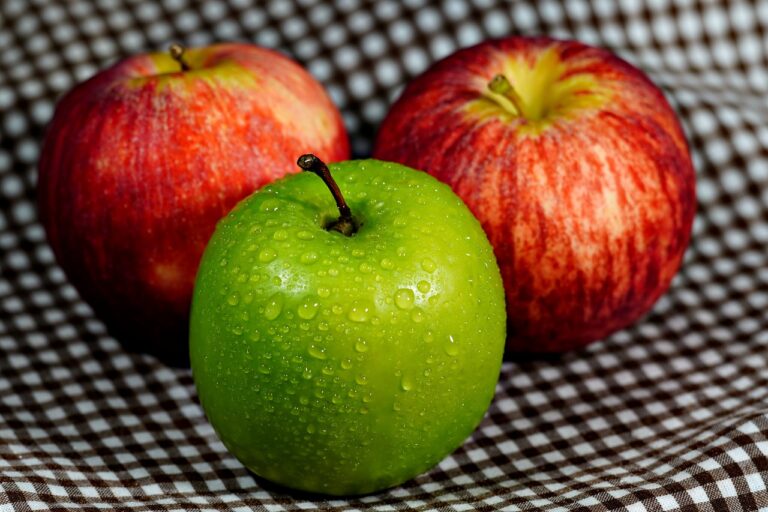The Importance of Aquaculture in Food Security Strategies
betbhai9 sign up, radhe exchange, my laser247:Aquaculture, or fish farming, plays a crucial role in food security strategies around the world. As the global population continues to grow, the need for sustainable sources of protein becomes increasingly important. With wild fish stocks being depleted due to overfishing and environmental factors, aquaculture provides a practical solution to meet the growing demand for seafood.
In this article, we will explore the importance of aquaculture in food security strategies and examine how it helps to ensure a stable and reliable food supply for communities worldwide.
The Benefits of Aquaculture
Aquaculture offers a variety of benefits that contribute to food security:
1. Increased Production: Aquaculture allows for large-scale production of seafood in controlled environments, providing a consistent and reliable source of protein for consumers.
2. Sustainable Practices: Many aquaculture operations adhere to sustainable practices to minimize their impact on the environment and promote the long-term health of fish populations.
3. Diversification of Diets: Aquaculture allows for the production of a wide variety of seafood products, helping to diversify diets and ensure access to essential nutrients.
4. Job Creation: The aquaculture industry provides employment opportunities for millions of people around the world, particularly in developing countries where job opportunities may be limited.
5. Economic Growth: Aquaculture can stimulate economic growth in rural communities by providing a valuable source of income for farmers and fisherfolk.
6. Resilience to Climate Change: Aquaculture systems can be designed to be resilient to the impacts of climate change, such as rising sea levels and changing ocean temperatures.
The Role of Aquaculture in Food Security
Aquaculture plays a critical role in enhancing food security by:
1. Increasing Food Availability: Aquaculture helps to increase the availability of seafood products, providing consumers with a diverse range of healthy and nutritious protein sources.
2. Improving Access to Nutritious Foods: Aquaculture contributes to improving access to nutrient-rich seafood for communities that may not have access to fresh fish from wild sources.
3. Minimizing Food Waste: Aquaculture operations can be designed to minimize food waste by optimizing feeding practices and minimizing environmental impacts.
4. Enhancing Food Stability: Aquaculture provides a stable and reliable source of food that is less susceptible to fluctuations in wild fish stocks or environmental conditions.
5. Supporting Rural Communities: Aquaculture can help to support rural communities by providing employment opportunities and stimulating economic growth in remote areas.
6. Promoting Sustainable Practices: Many aquaculture operations prioritize sustainability by implementing best practices to protect the environment and ensure the long-term viability of fish populations.
FAQs About Aquaculture and Food Security
Q: Is aquaculture environmentally friendly?
A: Aquaculture can be environmentally friendly when practiced using sustainable methods that minimize the impact on ecosystems and promote healthy fish populations.
Q: How does aquaculture contribute to food security?
A: Aquaculture contributes to food security by providing a reliable source of protein, diversifying diets, and creating employment opportunities in rural communities.
Q: Are there any drawbacks to aquaculture?
A: While aquaculture offers many benefits, there are potential drawbacks such as water pollution, disease outbreaks, and habitat destruction if not managed properly.
Q: Can aquaculture help to alleviate hunger and malnutrition?
A: Yes, aquaculture can help to alleviate hunger and malnutrition by increasing access to nutrient-rich seafood products for communities that may lack access to fresh fish from wild sources.
Q: What role does aquaculture play in sustainable food systems?
A: Aquaculture plays a key role in sustainable food systems by providing a reliable source of protein, minimizing food waste, and supporting the long-term health of fish populations and ecosystems.
In conclusion, aquaculture is a vital component of food security strategies around the world. By promoting sustainable practices, increasing food availability, and supporting rural communities, aquaculture plays a critical role in ensuring a stable and reliable food supply for present and future generations. As the global population continues to grow, the importance of aquaculture in meeting the world’s food needs will only continue to increase.







